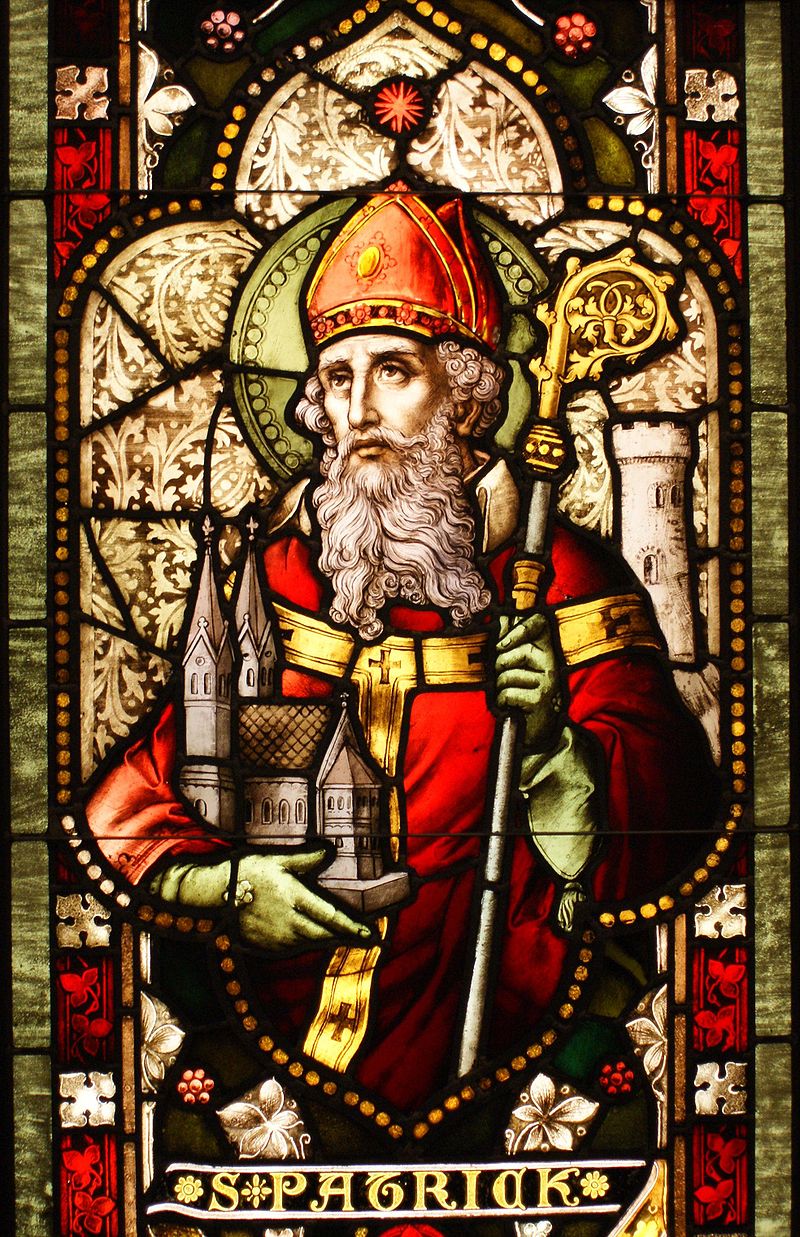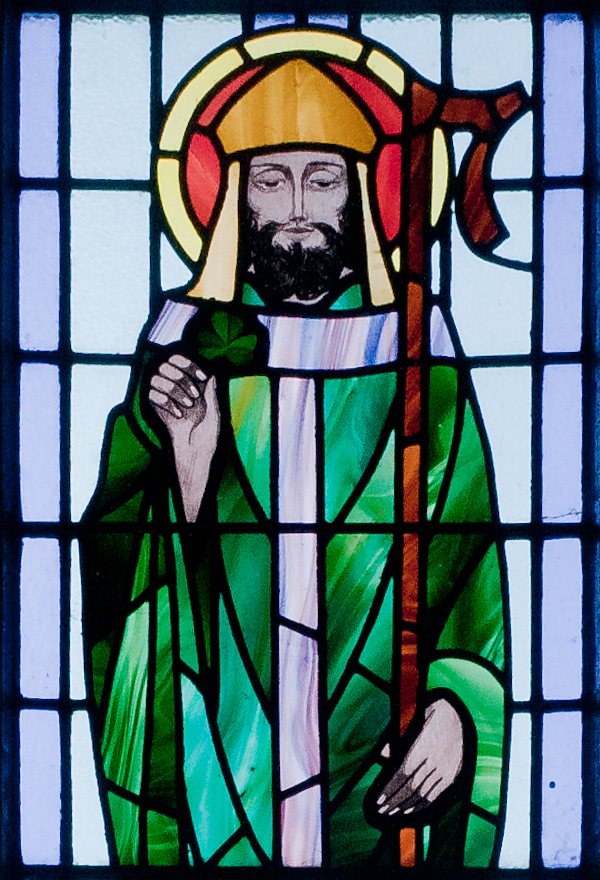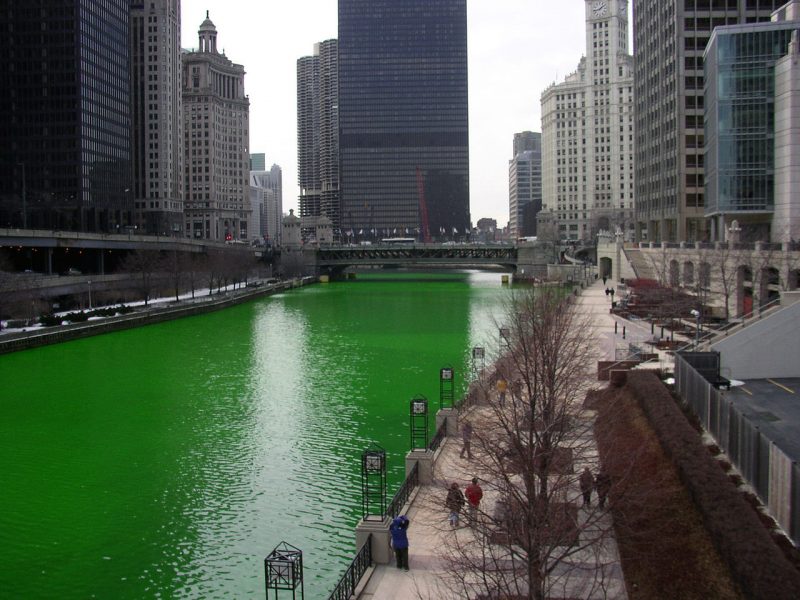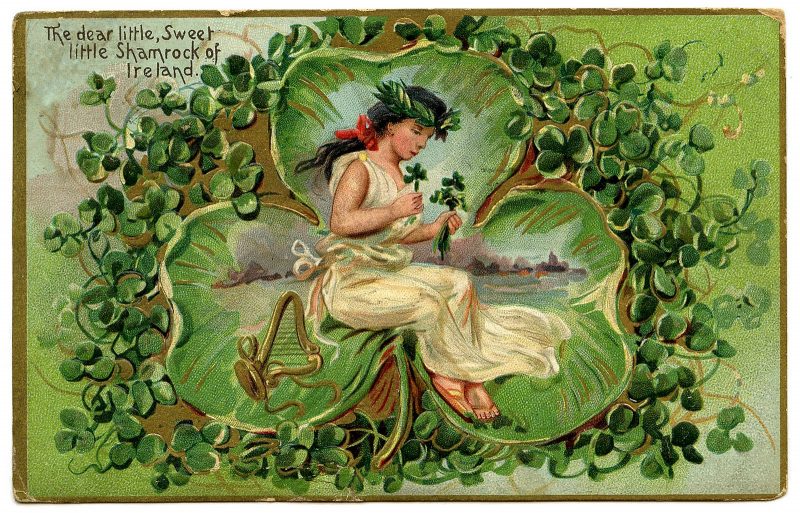It’s March 17, which means it’s St.Patrick’s Day, which means we are all about to wear green, drink a lot of beer, and have a lot of regrets tomorrow.
But before you jump on that green beer, why not learn some more about this holiday. Here are some cool facts about St.Patrick that could be useful as conversations starters.
1.St.Patrick wasn’t really from Ireland.

The patron saint of Ireland wasn’t actually from the country itself. St. Patrick was born in Roman Britain, when he was about 16, he was captured by Irish pirates from his home in Great Britain, and taken as a slave to Ireland, looking after animals, where he lived for six years before escaping and returning to his family.
2. It could have been St.Maewyn Succat’s day.
According to a legend, Saint Patrick’s birth name was Maewyn Succat, but he changed it to Patriccius after becoming a priest.
3.St.Patrick used shamrock as a metaphor to explain the Holy Trinity.

How did the shamrock become associated with Saint Patrick? Legend credits St. Patrick with teaching the Irish about the doctrine of the Holy Trinity by showing people the shamrock, a three-leafed plant, using it to illustrate the Christian teaching of three persons in one God.
4. St.Patrick would have been pinched on his Feast Day, he wore Blue.
Green was not the original color of St.Patrick’s day-It was Blue. There are several artworks depicting the saint wearing light blue vestments.Green become associated with St.Patrick’s day after it was linked to the Irish independence movement in the late 18th century.
5.St. Patrick Day used to be a Dry Holiday
Unlike nowadays, when St.Patrick’s Day is closely associated with alcohol, at the beginning of the 20th Century, 17 March was celebrated as strictly a religious holiday.That meant that the pubs in Ireland were closed for business. It was not until 1970’s, when St.Patrick became a national holiday did the green beer start flowing.
6.St.Patrick drove the snakes out of Ireland
The absence of snakes in Ireland gave rise to the legend that they had all been banished by St. Patrick chasing them into the sea after they attacked him during a 40-day fast, he was undertaking on top of a hill.This hagiographic theme draws on the Biblical account of the staff of the prophet Moses.
7. St.Patrick is not a legal holiday in the United States

St Patrick’s Day, while not a legal holiday in the United States, is nonetheless widely recognised and observed throughout the country as a celebration of Irish and Irish-American culture. Celebrations include prominent displays of the colour green, religious observances, numerous parades, and copious consumption of alcohol.The holiday has been celebrated in North America since the late 18th century.
8. There are more Irish decendants in the United States than in Ireland.
Over 39 million people in United States claim to have Irish heritage, which seven times more than the entire population of Ireland.
9.Erin go Bragh.
Every St.Patrick Day, you can hear people uttering the words Erin go Bragh which means Ireland forever.
10.St.Patrick died on 17 March
17 March, popularly known as St. Patrick’s Day, is believed to be his death date and is the date celebrated as his Feast Day. The day became a feast day in the Catholic Church due to the influence of the Waterford-born Franciscan scholar Luke Wadding, as a member of the commission for the reform of the Breviary in the early part of the seventeenth century.
